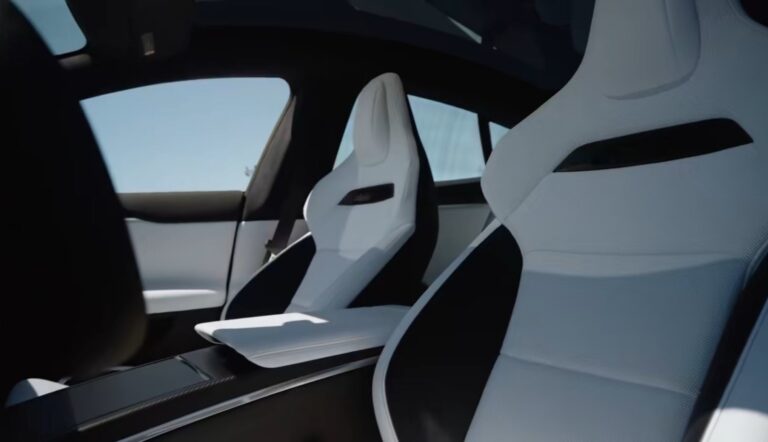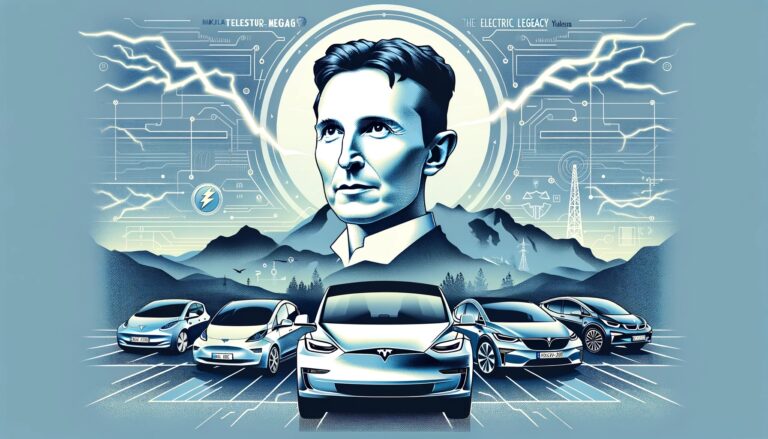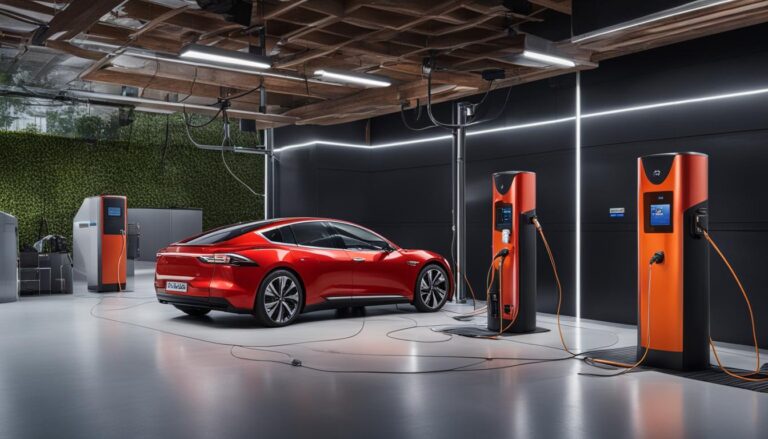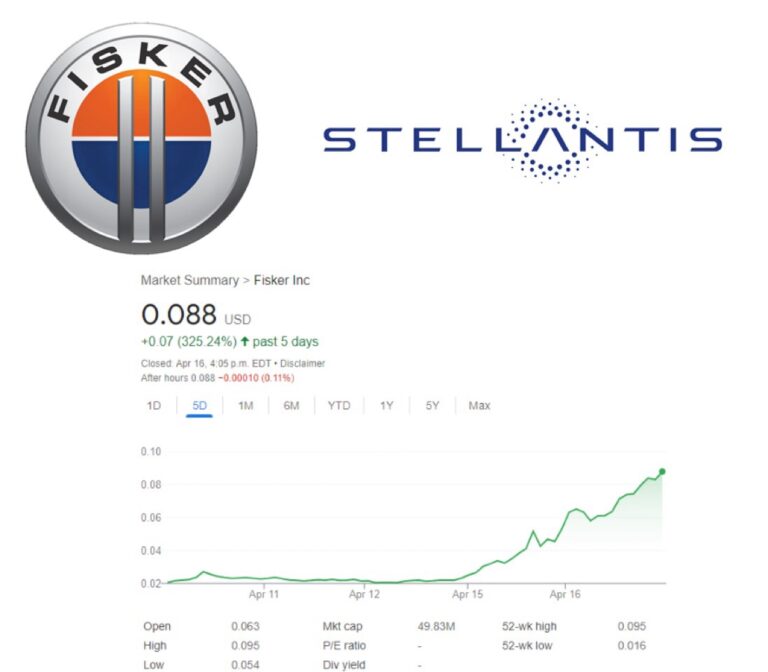his salary, its distribution and modifications
Contrary to what one might think, Elon Musk, CEO of Tesla Inc., does not receive a conventional salary. Indeed, his remuneration is based entirely on the performance of the company, reflecting a bold but potentially very lucrative approach.
In 2024, a judge cancels part of Elon Musk’s compensation
Elon Musk’s compensation structure at Tesla has sparked intense controversy, culminating in a major legal ruling. On January 31, 2024, Delaware State Court Judge Kathaleen McCormick vacated Musk’s 2018 compensation package, valued at $56 billion. This decision follows the complaint of shareholder Richard Tornetta, who challenged the validity of the compensation plan.
Key Points of the Judicial Decision
- Cancellation of the Remuneration Plan: Judge McCormick canceled the compensation package, ruling in favor of the complaining shareholder.
- Reasons for Cancellation: The judgment is based on information deemed “erroneous” and “misleading” provided to shareholders. Additionally, it was pointed out that the board and compensation committee were made up of people close to Musk, which raised questions about their impartiality.
- Market reaction: The announcement of the move caused Tesla’s stock to drop 2.89% in after-hours trading.
Wider Implications
- For Elon Musk: This judgment calls into question the legitimacy of his exceptional compensation, which was 250 times higher than that of his peers, and could have repercussions on his other companies.
- For American Capitalism: This case highlights major corporate governance issues and could set an important legal precedent for executive compensation in the United States.
Reactions and Consequences
- Elon Musk’s reaction: On the social network X, Elon Musk expressed his dissatisfaction with this decision, criticizing the legal framework of the State of Delaware.
- Reaction of the Plaintiff’s Law Firm: The firm Bernstein, Litowitz, Berger & Grossman called the decision “historic” for compensation governance.
- Comment from Plaintiffs’ Counsel: Greg Varallo stressed that this decision would be beneficial for Tesla investors, by limiting the dilution caused by the initially planned compensation plan.
Elon Musk’s Remuneration: No Fixed Salary
Elon Musk opted for a compensation structure without traditional salary or bonuses. Instead, he benefits from a plan based solely on performance targets, focused primarily on Tesla’s market capitalization. This bold plan started with a threshold of $100 billion and extends to $650 billion.
Performance and Capitalization: Musk’s Winning Bet
Initially, when this plan was established, Tesla’s market capitalization was around $50 billion, and few believed in the achievement of these ambitious goals. However, the year 2020, marked by a global pandemic, saw an exponential increase in Tesla’s market capitalization, propelled by a technology bubble. At the start of 2021, Elon Musk was even ranked as the richest man in the world.
The Impact of Tesla Sales on Musk’s Net Worth
The recent rise of Elon Musk’s fortune is largely due to Tesla’s continued sales growth. At the start of 2021, with a 90% increase in Tesla stock value, Musk consolidated his position as the richest man, surpassing even Bernard Arnault, the French LVMH tycoon.
Composition of Elon Musk’s Fortune
Elon Musk’s fortune is complex and made up of multiple assets including his shares in SpaceX, Tesla, Twitter, and The Boring Company. In 2022, while its stake in Tesla was valued at $51.3 billion, that in SpaceX was valued at $48.9 billion.
Evolution of Musk’s Compensation Over the Years
From 2013 to present, Musk’s compensation structure has seen several changes. Notably in 2018, a 10-year plan was established targeting a capitalization of $650 billion, offering Musk the opportunity to acquire stock options at predetermined levels of market capitalization.
Conclusion
Elon Musk’s compensation model at Tesla, based exclusively on company performance, is a fascinating example of alignment of interests between a CEO and his shareholders. This structure not only encourages management focused on long-term growth but also validates Musk’s confidence in Tesla’s future potential. A strategy which, so far, has proven extremely profitable.
For weekly updates on Elon Musk’s fortune and more in-depth discussions, keep following Tesla Mag.






